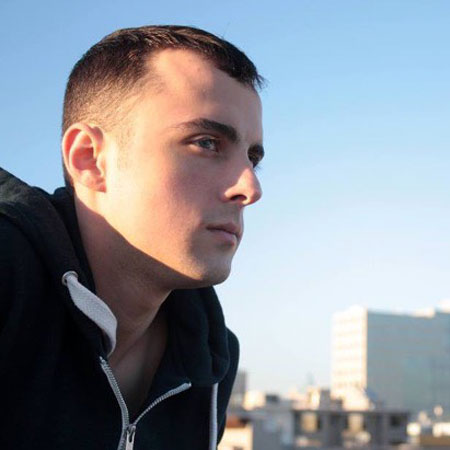I am too young to have witnessed the worst of the AIDS epidemic. I cannot relate to the pain and horror of that time. I have had no friends die from AIDS. My generation of gay men do not feel the threat others could not ignore, and without it, my peers’ awareness of the disease is shockingly low.
And while I’ve been knowledgeable about HIV since I was a teen, it wasn’t until I tested positive two years ago that AIDS became deeply personal for me.
I have seen reactions from my peers that have floored me and made me realize there is still intense ignorance around HIV today. I take a single pill a day with no side effects. Yet a coworker thought that certainly I suffered terrible stomach problems and was sick all the time. Little did he know that being HIV positive is no longer the death or sickness sentence that it once was. I’ve also heard people say they wanted to get their college degree before taking an HIV test and that they weren’t interested in their health if it couldn’t be measured on their iPhone.
When I tested positive, I decided to step up and become a political advocate and not just for AIDS awareness. I’m advocating for getting to zero new HIV infections, zero HIV/AIDS related deaths, and zero HIV stigma in San Francisco.
Seeing this ignorance in my community reminds me that as a member of a younger generation of AIDS activists, we have to make the conversation current.
